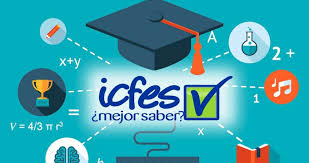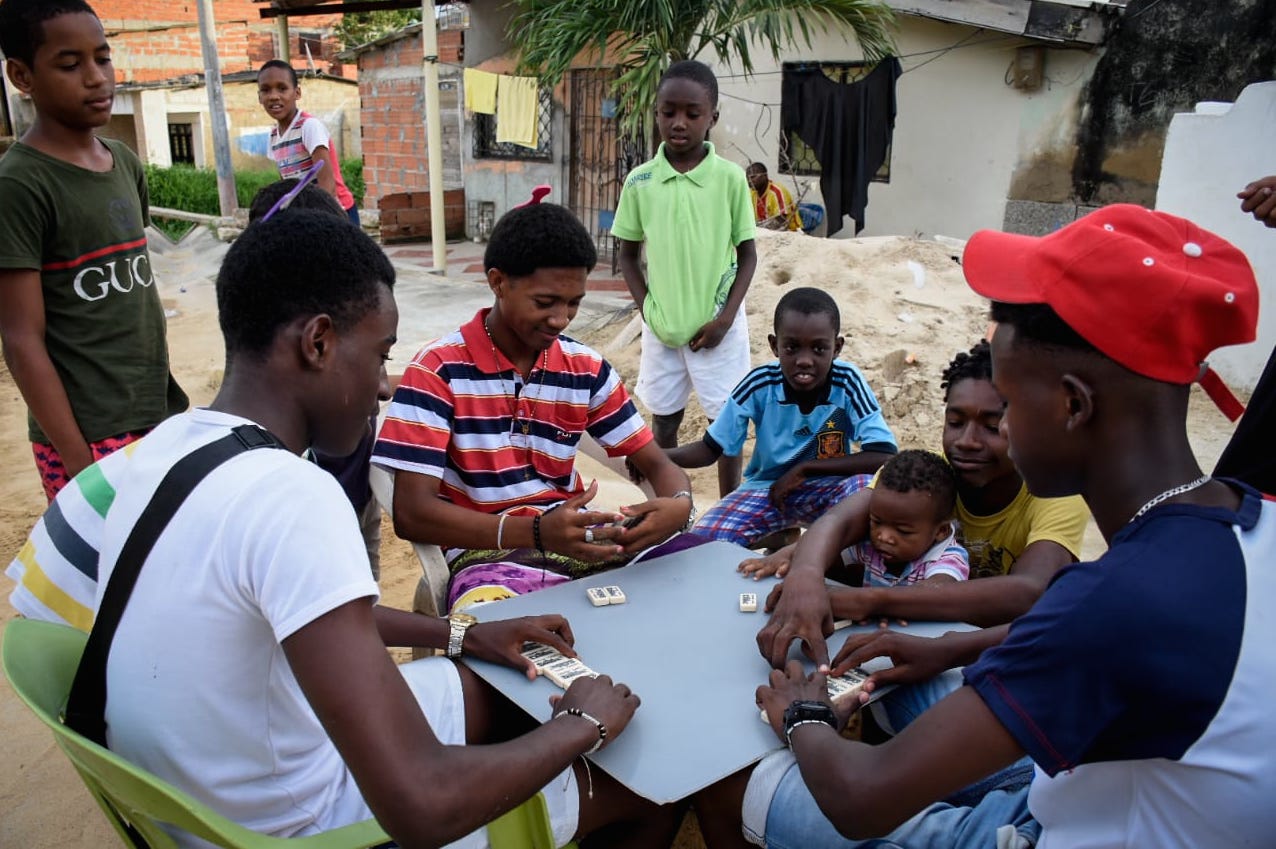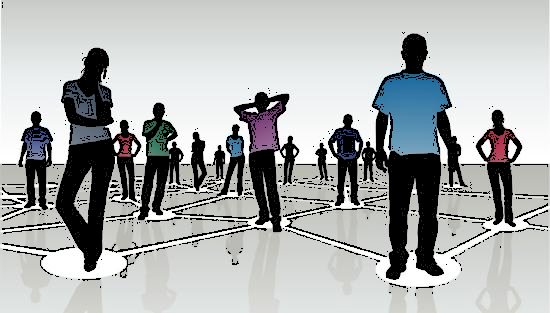CITIZEN DEMOCRATIC INFLUENCE
Autores: Yuliana Lopez, Mayra Gerdts, Laura Herrera
SUMMARY
The following article presents the first results of the research entitled
“Development of socio-political training for democratic citizenship: design and
implementation of teaching materials in Social Sciences. Carried out by the Dhigecs research group in Didactics of Social Sciences of the
University of Barcelona Starting from the analysis of previous investigations, it is influenced
the fundamental role that historical knowledge should have in the construction of the
social and citizen dimension in students. For this, materials were designed
didactics with that objective, which were applied in schools and analyzed
through an observational process and a qualitative analysis of the records with the program
QSRNVIVO 12. The results show the relationship established between the use of
Inquiring methodologies in the history classroom, and the development of cognitive abilities
that allow a better development of the political and citizen dimension.
KEYWORDS
Political and citizen education; Learning by discovery; didactic materials; qualitative research.
Introduction and purpose of the investigation
Considering the conclusions of previous research (Prats et al, 2017), it is found
that schoolchildren build their identities from social representations
dominant, regardless of rigorous social and historical knowledge and
desirable that identify consolidated democratic societies. Starting from these
Initial hypotheses, it is considered that the study role of History in education
secondary education may be important to modify this trend, and that a methodology
active teaching that makes the student the protagonist of their learning and that
advocates participatory, ethical, analytical and critical values promotes more visions
dynamic and inclusive of past and present, enhancing attitudes of a
responsible citizenship. This implies a renewal methodological proposal that entails
the elaboration of specific teaching materials.
Based on these hypotheses and, following the trail of previous works, they were established
The following research objectives.
1. Train students in social and civic competence, making an impact on the
digital literacy as an instrument to build learning cultures
Critical and inclusive.
2. Provide teachers in training or active teaching materials for free
access with teaching methodologies that facilitate learning by discovery.
3. Implement and experience the teaching materials developed in centers
Secondary school students.
4. Analyze the training capacity of said materials implemented in the classroom.
Theoretical framework
The International Study of Civic and Citizen Education (ICCS) conducted in 2009 by the
IAE2
(International Civic 2016) examined how nations prepare their youth for
Assume your role as citizens. He investigated the knowledge and understanding of the students
about civic values and citizenship, as well as attitudes, perceptions and activities
related to her. The results of a second study clarified the role of the school
in preparing young people to play their role as citizens (Schulz 2010).
Thus, they highlighted a wide range of important experiences in the institutions
educational, including those associated with an open environment for discussion and
classroom expression This research also showed differences in the results of the
students, which can be attributed to factors external to the educational center to which
They attended. Through its valuable conclusions, the study contributed to an understanding
deepened the role of civic and citizen education and identified relevant issues for
educational reforms, especially those that refer to issues
curricula.
In an important document published in April 2018, entitled: “Report
Latin American 2016: The perspectives of Governments, Peaceful Coexistence and the
Diversity in five Latin American countries ”, (Schulz, Ainley, Cox, Friedman, 2018), se
concludes that it is urgent and convenient to act in education systems and
the teaching experiences in the direction of the following principles of action:
1. Promote the development of cultural identity through historical knowledge and
Social.
2. Reflect on the construction of social values by analyzing the
social reality and historical knowledge.
3. Promote interdisciplinarity in the social sciences as a whole
These recommendations, although designed for Latin America, are also valid for the Spanish education system as follows from the variety of conclusions in an extensive bibliography (Salazar, Molina, Barriga, 2013; Molina, Fuentes, Alfajeme 2015; Gómez Carrasco, Miralles Martínez, Molina Puche, 2015 .; Robles, 2011). This is verified in the conclusions that our DHIGECS research group, got in the results of the project «Civic education in intercultural classrooms: analysis of student representations and social ideas and proposals for action educativa »(2012ACUP00185) ended in 2016. It was about knowing the thinking, the attitudes of students in compulsory secondary education regarding political ideas and levels of understanding of the institutional system, as well as their attitudes regarding civic values and political structure and its expressions. The conclusions we reached justify the development of teaching materials described in this article and its corresponding experimentation and evaluation for Check the incidence of an innovative teaching, linked to historical content for the 2 The International Evaluation Association (IEA) had already conducted two previous studies on the subject, one in 1971 and the second in 1999 (published in 2000). The third one, which is cited here is the More powerful. Subsequently, the International Civic and reports are being published Citizenship Education Study 2016 IEA (ICCS 2016) that has a specific study for five countries Latin Americans
Methodology
Design and procedure
An observational process was chosen to document and validate the implementation of the teaching units, providing evidence on:
The educational process and the practical implications of its development in the classroom: didactic methodology, context and learning process and procedures and resources suggested in the didactic units implemented.
The training capacity of the didactic units for the acquisition of the
social and civic competence, with special emphasis on the degree of
achievement of the proposed objectives and their adaptation to the expectations of the
faculty.
This purpose justifies the hermeneutic-interpretative foundation and perspective
ethnographic, through direct and non-participant observation, to obtain the information
of the development of the teaching units. The organization of empirical work meant the
constitution of the research team and the development of three methodological activities
keys throughout the entire process followed:
- Initial training sessions between observers on the observational methodology, the
selection and access to scenarios and planning of observations. It was important
know how to adequately combine the participatory and observational dimensions, unify
criteria in the monitoring of the process developed in each center, know
depth the dimensions to observe.
Results and conclusions
Considering the theoretical approach and the process of interpretation of the data that is
just exposed, the most relevant analysis categories were identified and validated,
differentiated and interrelated from this project.
An analysis of the patterns in the coding of all records was carried out
.
He derived in the following hierarchical map, a diagram illustrating the hierarchical nodes,
represented as a set of rectangles, from highest to lowest prominence, that
occupy a larger area and contain nested sub-nodes or categories
decendents.
According to the criteria of the number of references obtained, the most significant aspects for place and evaluate the implementation of the teaching units in this study have been the teaching methodology and student motivation in the promotion of social competence and citizen. In a minor way, narratives around space and the classroom climate as fundamental elements of the innovation experiences developed. If we go deeper into the systematic work of categorization, the following is obtained dendogram which throws a more global view of the previous nodes. Be This is a useful element for the more conceptual analysis: graphically it allows represent complex information, grouping the analysis categories used according to the similarity of words. All this favors the establishment of the first relationships between the categories or hierarchical nodes identified, or in a way intuitive.
BIBLOGRAPHIES
https://www.aprendemas.com/co/curso/desarrollo-humano-y-formacion-sociopolitica-1005197/
https://revistas.um.es/reifop/article/view/370051
Temas relacionados:
Esta web se reserva el derecho de suprimir, por cualquier razón y sin previo aviso, cualquier contenido generado en los espacios de participación en caso de que los mensajes incluyan insultos, mensajes racistas, sexistas... Tampoco se permitirán los ataques personales ni los comentarios que insistan en boicotear la labor informativa de la web, ni todos aquellos mensajes no relacionados con la noticia que se esté comentando. De no respetarse estas mínimas normas de participación este medio se verá obligado a prescindir de este foro, lamentándolo sinceramente por todos cuantos intervienen y hacen en todo momento un uso absolutamente cívico y respetuoso de la libertad de expresión.
No hay opiniones. Sé el primero en escribir.
















